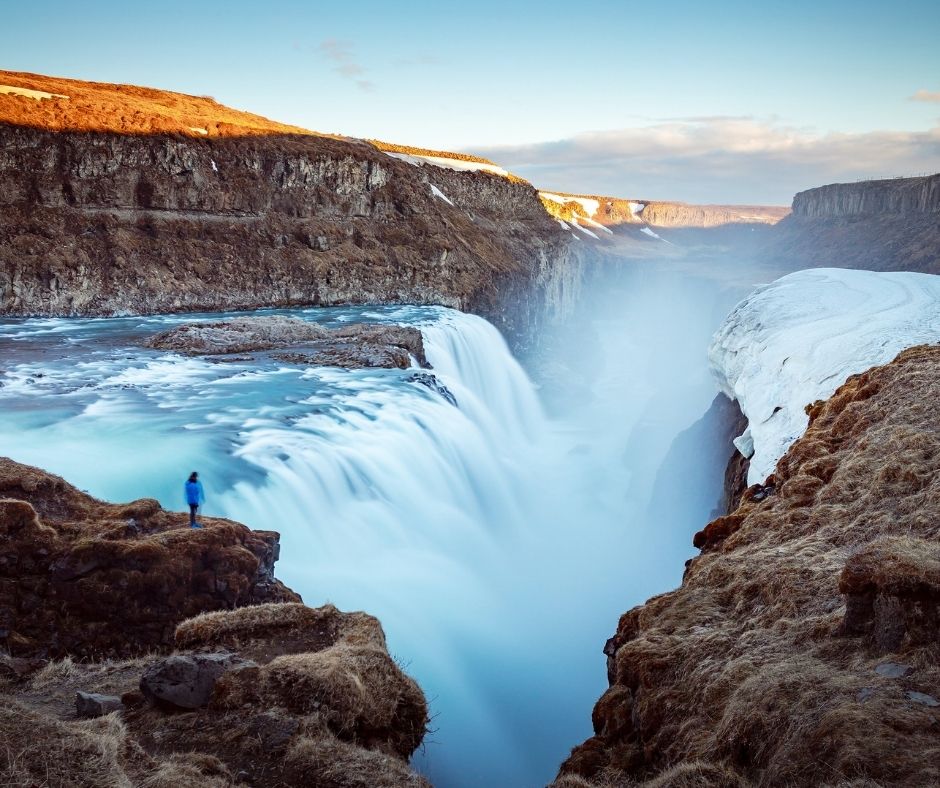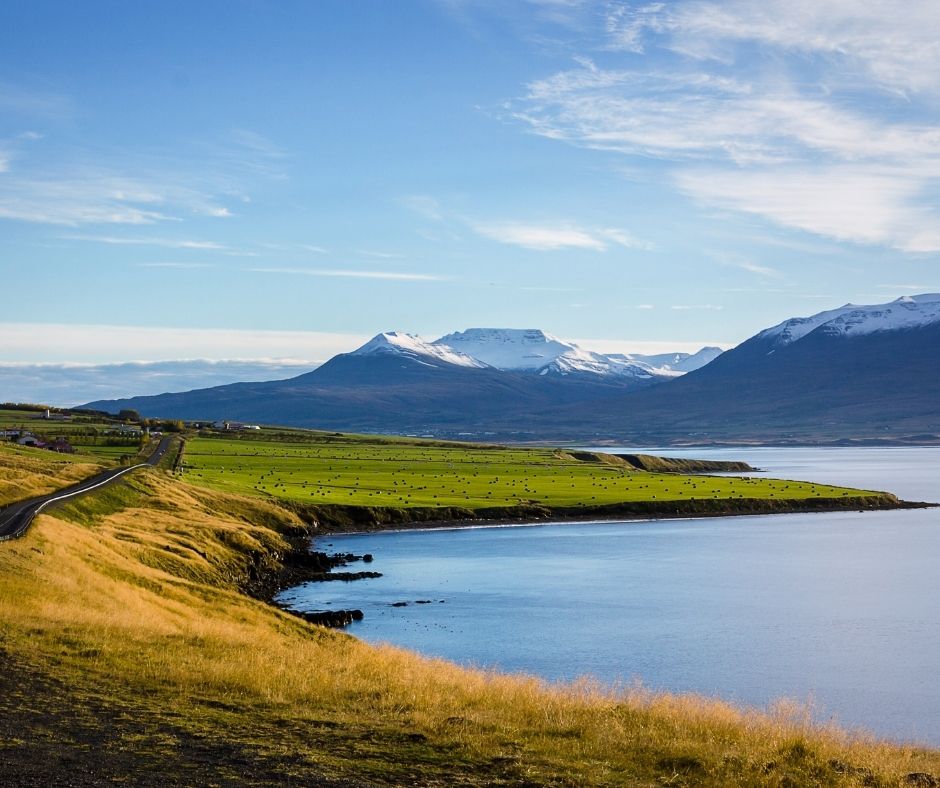As we’ve all been locked inside, hunkering out the pandemic storm on a diet of banana bread and Tik Tok videos, its no surprise that travel experts predict a spike in adventure tourism. Seeking the great outdoors, is a trend that’s expected to hang around. With that in mind, we bring you our top picks for the must-sees in Iceland – the choices were difficult!
Iceland has relaxed its strict travel regulations – most recently allowing fully vaccinated visitors to arrive with barely any restrictions. EU and Schengen zone residents will find travelling to Iceland fairly simple, as will those in a selected number of third countries. Find out more information here. For details on PCR testing requirements for children, please check here.
Third party countries who are currently exempt from travel restrictions are:
- Albania
- Armenia
- Australia
- Azerbaijan
- Bosnia & Herzegovina
- Brunei
- Canada
- Hong Kong (SAR)
- Israel
- Japan
- Jordan
- Kosovo
- Lebanon
- Macao (SAR)
- Moldova
- Montenegro
- New Zealand
- North Macedonia
- Qatar
- Rwanda
- Serbia
- Singapore
- South Korea
- Taiwan
- Thailand
- USA
Travellers to Iceland must pre-register before arriving and it is recommended to download the local Covid-19 app.
Our Top 5 Must-Sees
Whale Watching

Far out in the North Atlantic Ocean, its no surprise that Iceland gets the treasure trove of whale sightings. Whale-watching excursions have become one of the country’s most popular tourist activities. Visitors will get a further bang for their buck, as Iceland’s rich marine is also teaming with dolphins, porpoises and up above, various sea birds. Whale-spotting tours set out daily from Iceland’s capital, Reykjavík, as well as a number of smaller towns. Húsavík, which you may recognize as the town in Netflix’ film Eurovision, is whale-watching heaven as it has some of the most densely populated waters in the world.
Whales can be spotted all year round in Iceland, however, the optimal months are between April and September.
Icelandic Horses

Did you know that the Icelandic language has over 100 names for the colours and patterns of their horses? These horses are so loved and intertwined in Icelandic history and folklore, its not surprising that horse riding is a ubiquitous activity in the country. See Iceland from a different vantage point by booking one of many horse riding tours available across the island – choosing to go on four legs instead of four wheels is the best way off of the beaten track! If riding isn’t your thing, no problem, in our opinion, the horses are just as captivating from afar.
Do go Chasing Waterfalls

Iceland is home to some incredible waterfalls. Arguably Iceland’s most famous waterfall is Gullfoss (the Golden Waterfall). Located in the south of the country, the falls, drop down either side of a gorge 32 metres deep. If you want to visit the picturesque Seljalandsfoss waterfall, then don’t forget to wear a raincoat as the topography of waterfall allows visitors to walk behind it. Please note, the pathway is closed in winter due to ice. If you visit in the summer months though, you can enjoy the wildflowers that spring out around the waterfall thanks to the spray.
Explore the Wilderness

We love going off the beaten track – and the WestFjords are certainly that! Jutting out into the sea in the north west of the country, this region has been left somewhat undisturbed – and it shows. Birdlife is abundant here, and you won’t find it difficult to spot an Arctic fox. More stunning waterfalls, and dramatic cliffs will keep your camera busy. From hiking, to kayaking, and discovering the local cuisine, the WestFjords will give you an adventure you won’t easily forget. The region is accessible by air, and is roughly 450km from Reykjavík.
Hike Iceland

In a country lauded for its nature, hiking obviously has to make a ‘must-see’ and must-do’ list. Iceland is a walker, runner, and hiker’s playground, with innumerable trails to pick from. Your best bet is to start on a trail in one of the national parks, such as Vatnajökull National Park – which is centered round a glacier. Trail difficulties and routes are well marked. Iceland’s geographical diversity gives explorers a bit of everything – from beaches, to volcanoes and thermal pools, you’ll be spoilt for choice.
Icelandair operates regular flights to a number of European and North American destinations – travellers are advised to check with their local travel service provider.



